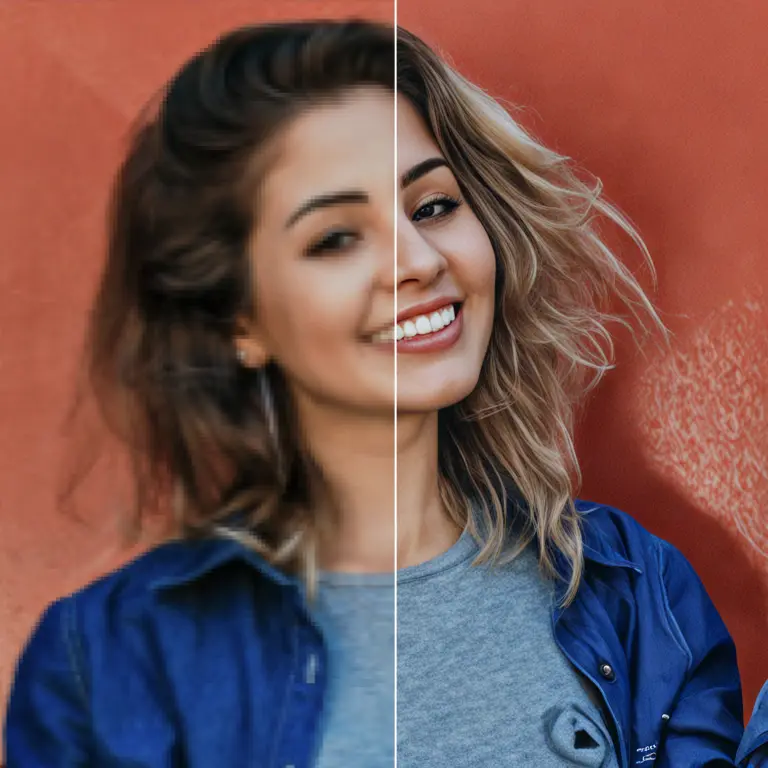ComfyUI Node: ModelPass
ModelPassThrough
CategoryKJNodes/misc
kijai (Account age: 2467days) Extension
KJNodes for ComfyUI Latest Updated
2025-04-04 Github Stars
1.16K
How to Install KJNodes for ComfyUI
Install this extension via the ComfyUI Manager by searching for KJNodes for ComfyUI- 1. Click the Manager button in the main menu
- 2. Select Custom Nodes Manager button
- 3. Enter KJNodes for ComfyUI in the search bar
Visit ComfyUI Online for ready-to-use ComfyUI environment
- Free trial available
- 16GB VRAM to 80GB VRAM GPU machines
- 400+ preloaded models/nodes
- Freedom to upload custom models/nodes
- 200+ ready-to-run workflows
- 100% private workspace with up to 200GB storage
- Dedicated Support
ModelPass Description
Facilitates seamless model transfer without modifications in node-based workflows, ensuring model integrity in complex setups.
ModelPass:
The ModelPassThrough node is designed to facilitate the seamless transfer of a model through a node-based workflow without any modifications. This node is particularly useful as a workaround for scenarios where the Set node does not permit bypassed inputs. By using ModelPassThrough, you can ensure that your model remains unchanged while still being able to pass it through various stages of your workflow. This can be especially beneficial in complex setups where maintaining the integrity of the model is crucial.
ModelPass Input Parameters:
model
The model parameter is the primary input for the ModelPassThrough node. It accepts a model object, which can be any type of model you are working with in your AI art project. The function of this parameter is to allow the model to pass through the node without any alterations. This ensures that the model's state and configuration remain intact, making it easier to manage and utilize in subsequent nodes. There are no specific minimum, maximum, or default values for this parameter, as it is designed to accept any valid model object.
ModelPass Output Parameters:
model
The model output parameter is the same model object that was input into the node. Its function is to provide the unaltered model for further use in your workflow. This output is crucial for maintaining the continuity and integrity of your model as it moves through different stages of processing. By ensuring that the model remains unchanged, you can confidently apply additional operations or transformations in subsequent nodes without worrying about unintended modifications.
ModelPass Usage Tips:
- Use the ModelPassThrough node when you need to pass a model through a series of nodes without making any changes to it. This can help maintain the model's integrity and ensure consistent results.
- Integrate the ModelPassThrough node in complex workflows where the Set node does not allow bypassed inputs, providing a seamless way to manage your model.
ModelPass Common Errors and Solutions:
"Invalid model input"
- Explanation: This error occurs when the input provided to the
modelparameter is not a valid model object. - Solution: Ensure that the input to the
modelparameter is a correctly instantiated model object. Verify that the model is compatible with the node's requirements.
"Model not found"
- Explanation: This error indicates that the model object could not be located or is missing.
- Solution: Check that the model object is correctly referenced and available in the current context. Ensure that the model has been properly loaded or instantiated before passing it to the node.
ModelPass Related Nodes
RunComfy is the premier ComfyUI platform, offering ComfyUI online environment and services, along with ComfyUI workflows featuring stunning visuals. RunComfy also provides AI Playground, enabling artists to harness the latest AI tools to create incredible art.



